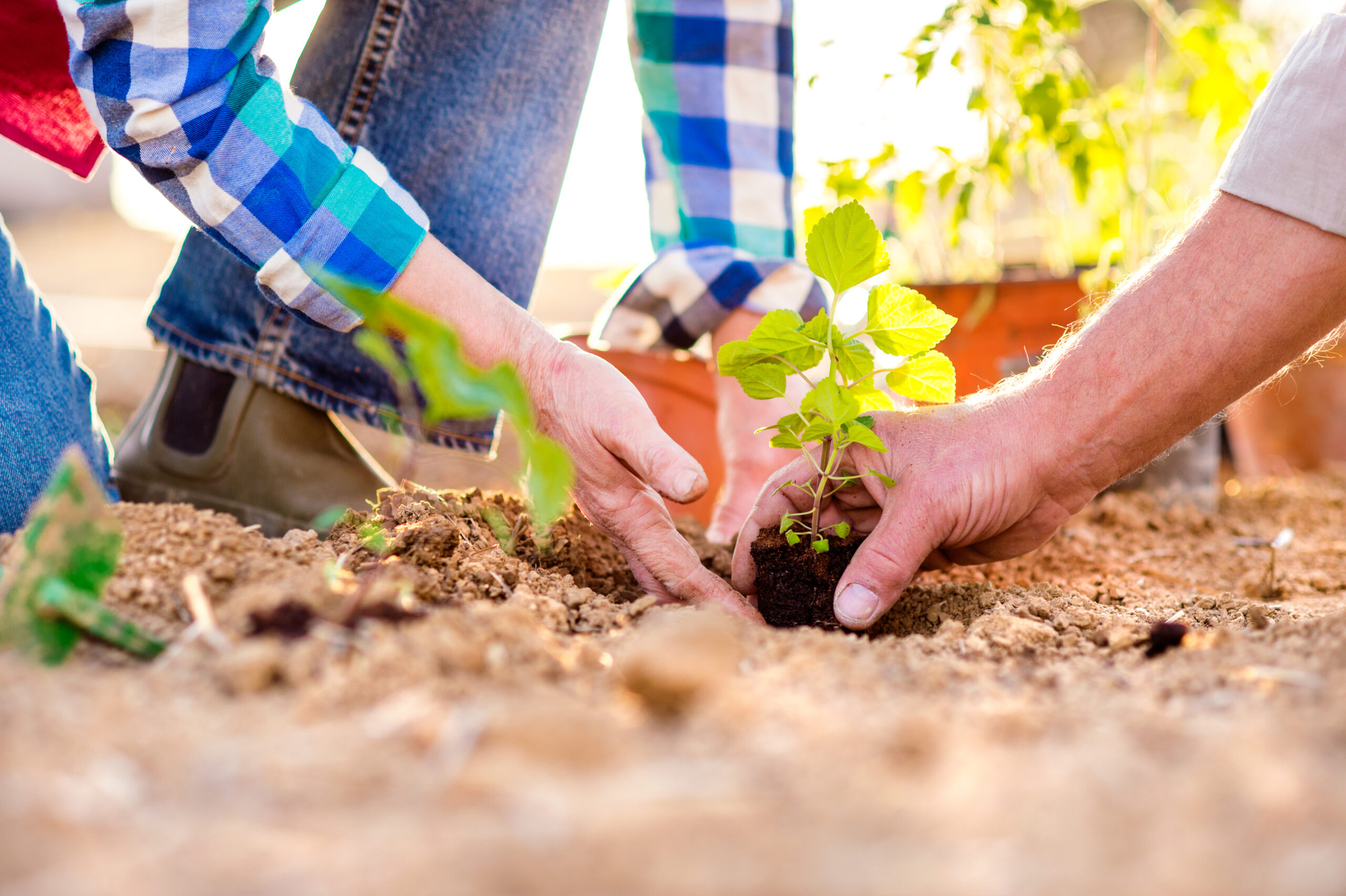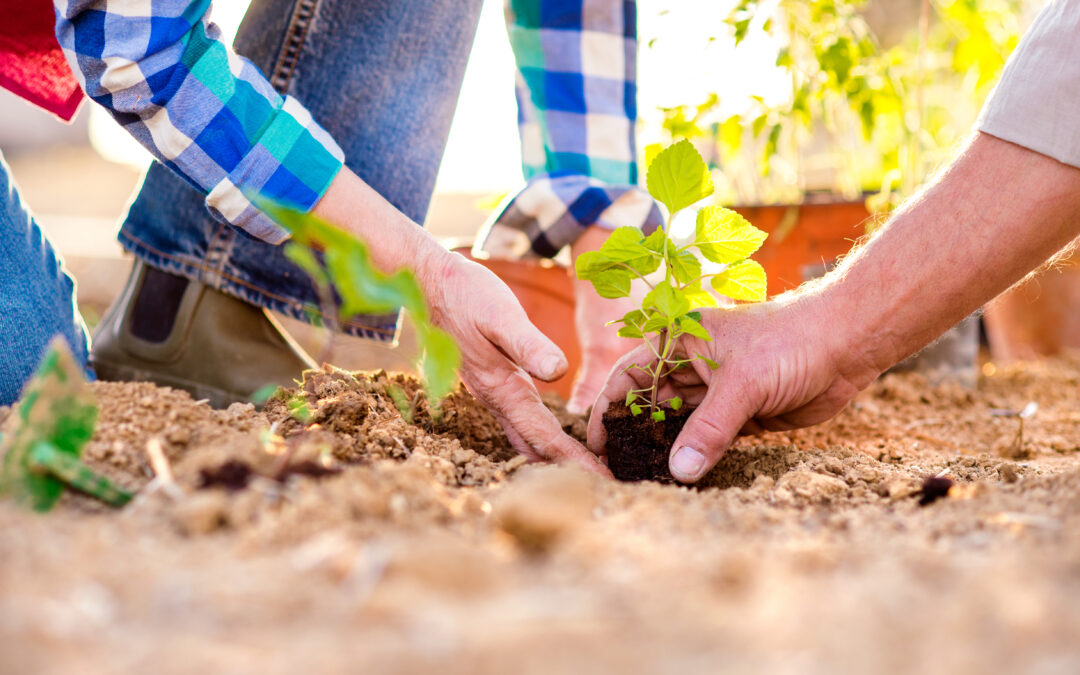Organic gardening is a popular way to grow fresh produce while minimizing the use of synthetic chemicals. It’s not only healthier for you but also better for the environment. In this blog post, we will cover everything from the basics of organic gardening to common mistakes and how to avoid them. Let’s get started!
Introduction to Organic Gardening
Organic gardening involves growing plants without using artificial fertilizers or pesticides. Instead, it relies on natural methods such as composting, crop rotation, and companion planting. The goal is to create a balanced ecosystem that promotes healthy soil and plants. By doing so, you can reduce your carbon footprint and help protect the planet.
The Benefits of Organic Gardening
There are many benefits to organic gardening. For one, it produces food that is free of harmful chemicals and pesticides. This means that you can enjoy fresher, tastier fruits and vegetables that are packed with nutrients. Additionally, organic gardening helps promote sustainability by reducing waste and conserving water. It also encourages biodiversity by attracting beneficial insects and wildlife to your garden.
Tips for Successful Organic Gardening
To ensure success in your organic garden, there are several tips you should follow:
1. Start with good soil – Healthy soil is essential for successful organic gardening. Use compost and other amendments to improve the quality of your soil.
2. Choose the right plants – Select varieties that are well-suited to your climate and growing conditions. Also, consider choosing heirloom seeds which are open-pollinated and have been passed down through generations.

3. Practice crop rotation – Rotating crops helps prevent depletion of nutrients in the soil and reduces the likelihood of pests and diseases.
4. Use natural pest control – Rather than resorting to harsh chemicals, try using natural remedies like neem oil or garlic spray to repel pests.
5. Water wisely – Conserve water by using drip irrigation or mulching to retain moisture in the soil.
Common Mistakes in Organic Gardening and How to Avoid Them
Even experienced gardeners make mistakes sometimes. Here are some common ones to watch out for:
1. Overwatering – Too much water can lead to root rot and other problems. Make sure to monitor your plants closely and adjust your watering schedule accordingly.
2. Not enough sunlight – Many plants require at least six hours of direct sunlight per day. If your garden doesn’t receive enough light, consider moving your plants or installing shade cloth.
3. Improper pruning – Pruning can be tricky if done incorrectly, it can stress the plant and cause disease. Learn proper pruning techniques before making any cuts.
In conclusion, organic gardening is an excellent way to grow delicious, healthy produce while caring for the environment. With these tips and tricks, you’ll be well on your way to creating a thriving organic garden.




